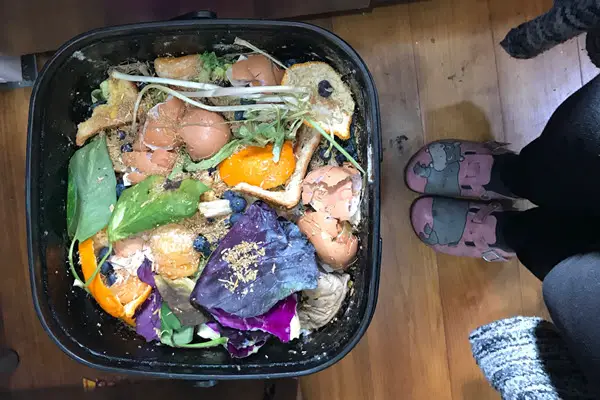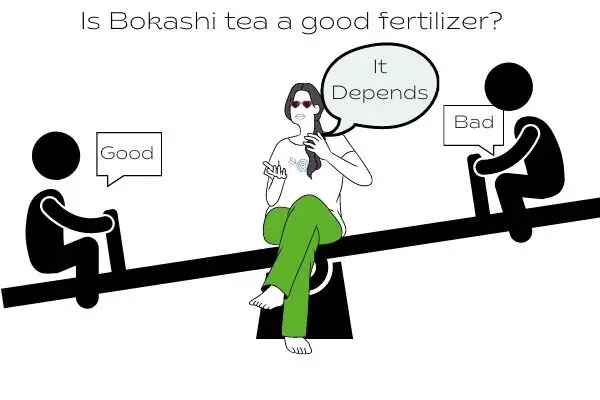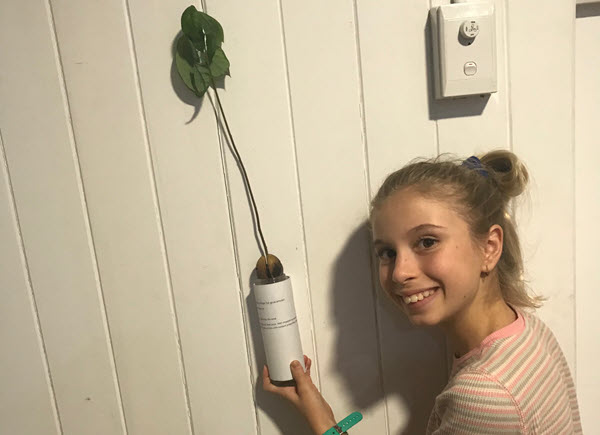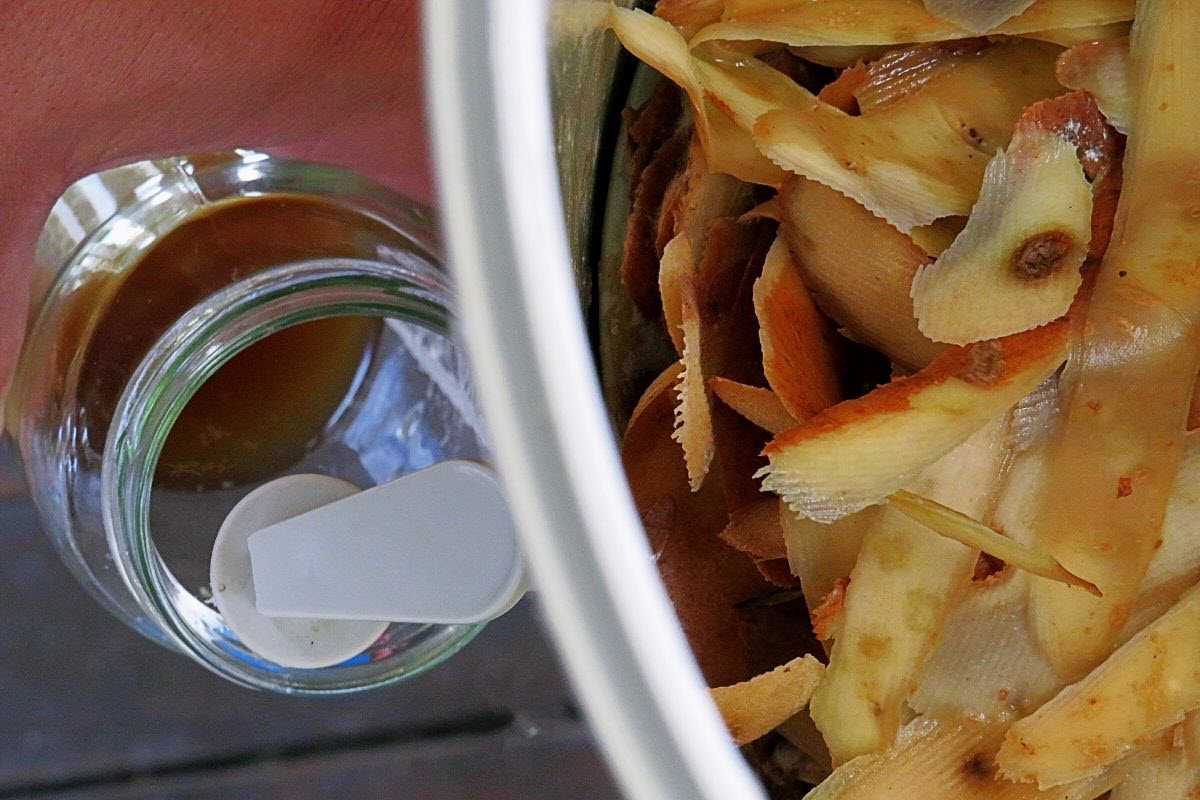Bokashi Tea | Hero or Villain?
I am a big fan of composting and I am an even bigger fan of Bokashi composting!

Bokashi Tea (also referred to as Bokashi Leachate or Bokashi juice) is the liquid by-product of the fermentation that occurs inside a Bokashi bucket. Although Bokashi tea is not the main reason why I switched to Bokashi, it is still a useful by-product to have.
In this article, I go through some of the most common questions in relation to Bokashi tea.
How do I obtain Bokashi tea?
Some food scraps that you throw in the Bokashi bucket will likely have some liquid component. To guarantee an efficient breakdown process, it is important to regularly drain the liquid component out of the bucket via the spigot. That is your Bokashi tea!
So, what can I do with my Bokashi tea?
The two most popular uses for Bokashi Tea appear to be as plant fertilizer and pipe cleaning.
1 Bokashi Tea Fertilizer
I think I could write an entire article about Bokashi tea as fertilizer? Good, bad or neutral? If you look around online forums, there are those who swear by and those who think Bokashi tea is useless or even harmful.

I sit in the middle! It depends!
In my own experience, I am guilty of murdering a couple of potted plants after giving them some very-diluted Bokashi tea – including my daughter’s sprouting avocado! With a pH sitting around 3-4, it is quite acidic and it is no surprise that a lot of plants don’t like it!
Nevertheless, it worked ok for my garden. No, it is not the miracle fertilizer that will make your plants grow and thrive, but my outdoor plants survived and did well with it.
While this was my experience, a study conducted in Sweden shows that Bokashi tea tends to be nitrogen poor and, for best results, it should be used in combination with a fertilizer that can compensate for its lack.
2 Pipe cleaning
To clean your pipes with Bokashi tea, all you have to do is to pour it down the drain. Simple like that!
The good news is that doing this is not only perfectly safe for your pipes, but it will also clean them out! The premise is that the ‘good’ bacteria present in Bokashi fermentation will end up in your pipe and will ‘win the battle against’ – and clean out – the ‘bad’ bacteria that causes mold and bad smells.
So, what may look like something you’re wasting down the drain is actually quite useful! I wish cleaning my floors was as easy as that!
If you are scared of using Bokashi tea as fertilizer, pouring it down the drain is a much safer and risk-free option! After ‘murdering’ my daughter’s avocado, I resorted to that for a while.

What if my Bokashi does not produce tea?
The amount of ‘tea’ your Bokashi bucket produces is closely related to what food scraps and other organic matter go in there.
A Bokashi bin full of fruit and vegetable scraps is more likely to release a lot more liquid than one with predominantly dry foods such as rice or bread. The presence of other organic matter such as paper can also contribute towards a ‘dryer’ environment.
These types of dry items are perfectly safe for Bokashi composting, but it will lead to a reduced amount of ‘tea’.
How often do I drain my Bokashi
As often as needed! Said that, that will depend on the amount of tea you produce.
It is important to remove any excess Bokashi tea on a regular basis so that the ‘bad’ bacteria doesn’t get a chance to develop inside the system.
A subtle shake should inform you whether your bucket is full of liquid or not.
In my household, on average, we drain it two-three times a week.
How to dilute Bokashi tea?
Again, there is conflicting information around. Nowadays I use a 1:100 tea/water ratio, but my recommendation is to start with 1:150 and see how it goes.
Again, I would stay away from potted plants – specially, if you are a beginner!
What is Bokashi Leachate, Bokashi juice and Compost tea?
Bokashi Leachate and Bokashi juice are different names for Bokashi tea. You may use them interchangeably. However, compost tea is normally referred to the liquid that is a by-product of traditional composting.
What are the advantages of Bokashi composting?
It is my preferred method of composting as it truly reduces the amount of food scraps that end up in the trash can. Bokashi can take a lot of the foods that are normally not recommended for traditional composting such as meat, bread, diary, cooked rice and a few others.
The enclosed Bokashi bucket system makes it nearly impossible for pests to get in and the microorganisms added to the bucket are ‘good’ bacteria that will likely win the ‘battle’ against ‘bad’ bacteria!






